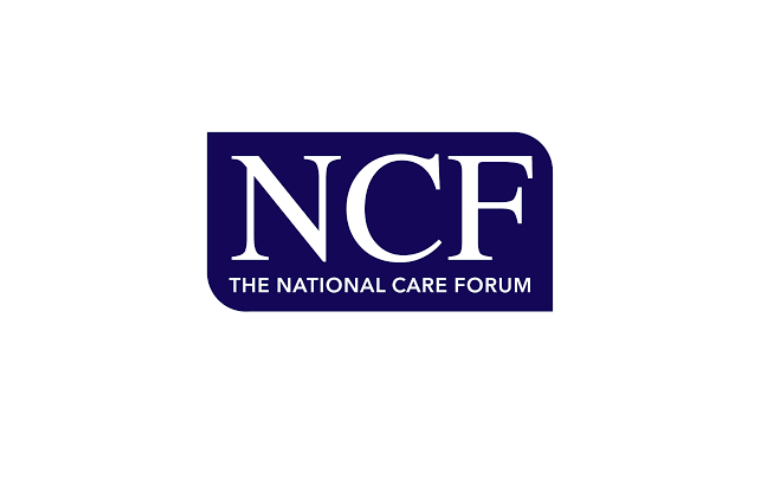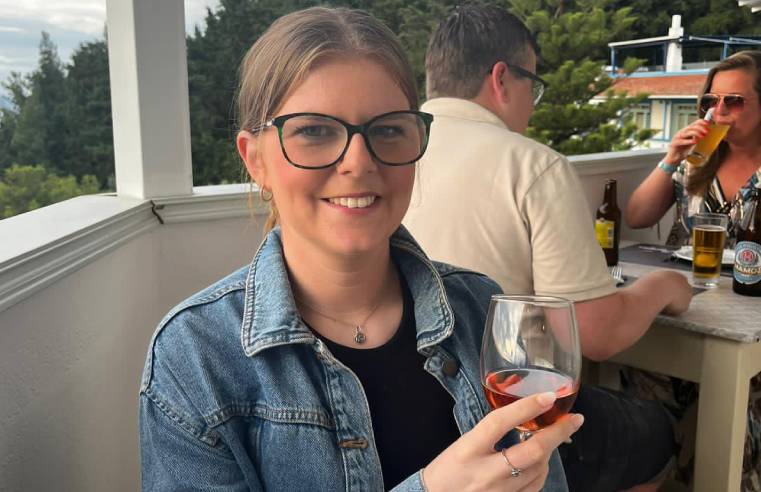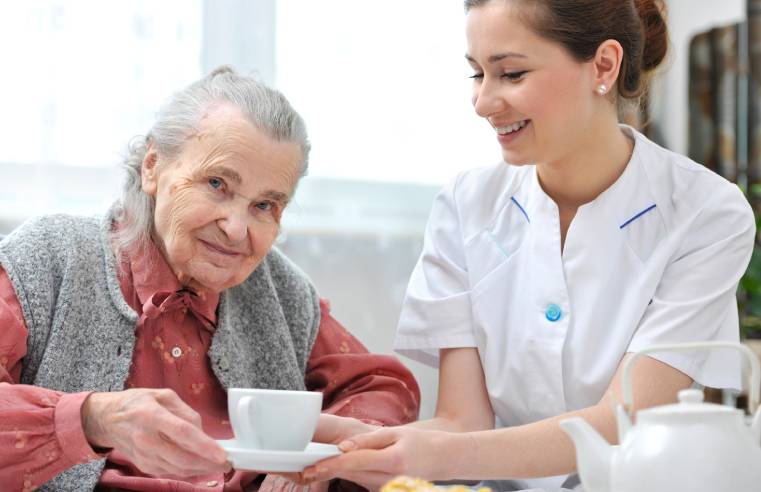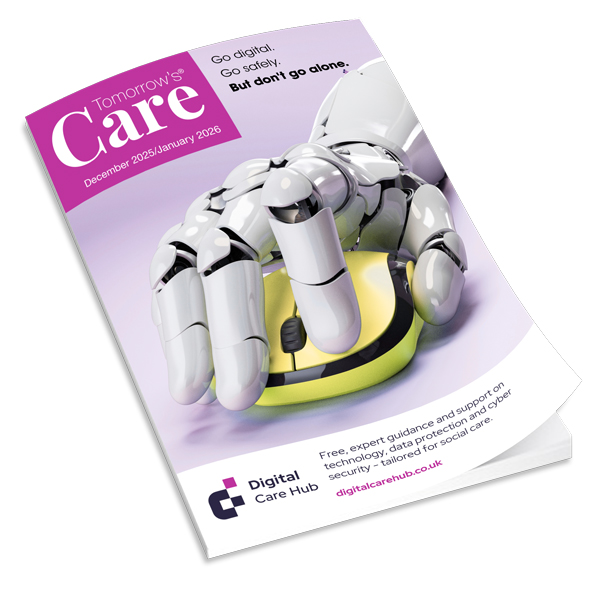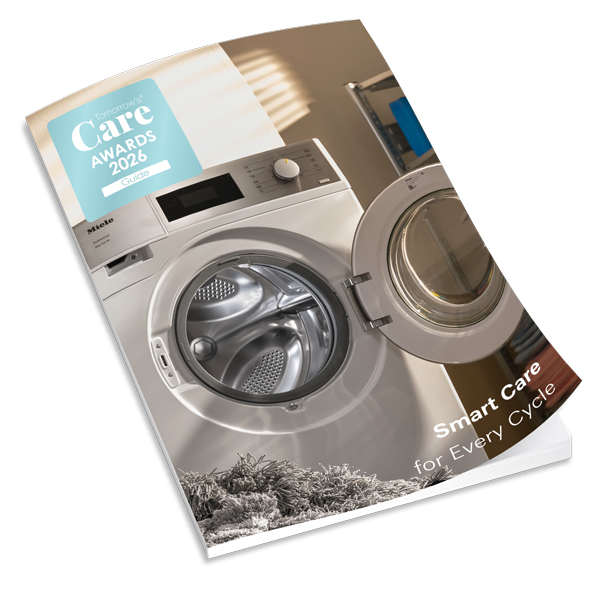A coalition of over 60 organisations, brought together by the National Care Forum (NCF) – member association for not-for-profit social care providers – sent an open letter to Matt Hancock, Secretary of State for Health and Social Care, and Helen Whately, Minister for Care, calling on the government to ensure that care homes are supported to enable visits by families and loved ones, now and in the future. The letter calls on the government to adopt this position in any new regulations it is drafting for the care sector to cover the national lockdown and the aftermath.
The isolation caused by blanket bans on visiting in care homes is intrinsically harmful and evidence of the extreme anguish caused is widely known. Locking down care homes in March was an emergency response to the global pandemic caused by a virus about which little was known. Eight months on, more is understood about the risks of transmission and measures are in place to keep people safe. People in care homes and their loved ones in the community have fundamental human rights, both as individuals and as a community, and a ban on visiting denies those rights.
Vic Rayner, Executive Director of the National Care Forum, said: “We all understand that visiting in care homes is a very human balancing act that centres around people and their needs, and the risks for those living and working within a care home and relatives and friends too. However, we must balance the risk of harm from COVID-19 with the risk of harm from isolation and physical, mental, emotional deterioration.
“NCF has brought this coalition together to ensure the government is in no doubt about the wide range of voices who have joined this call for action. They represent the voices of residents, relatives, the workforce, care providers, academics, sector experts and allies. They must be listened to.
“The coalition has a clear set of asks around testing of visitors and the designation of one person (as a minimum) per resident as a key visitor, as well as enabling every care home to manage visiting in the way that best works for them, with help to create safe COVID-19 visiting spaces. We must work together at pace to have this in place by the end of November. None of this is easy, but nothing that matters ever is.”
Visitors are more than people who make mere social calls into a care home – often they are spouses, children or long held friends, who play a fundamental role in the everyday care of residents. When their mother moved into a care home, sisters Lucy and Lydia Loader took drastic measures, including getting a job at the care home to make sure they could continue to visit their mother.
Lydia said: “When I was furloughed from my job, I decided to volunteer at the care home where mum lives, and later decided to take a job there one day a week, so that I could help out and continue to visit mum, and be the one to report back to my family on how she was doing. It gave me a good insight and I saw the difference visits and family members made to the lives and wellbeing of residents.
“Mum has outlived any diagnosis she was given, but we don’t know how long we will have her with us. Although she has quality care and support from a highly trained staff at the care home, it is not the same as having the love and care of her family close. I’ve recently had a baby who is growing and developing quickly. I would love him to know his nanny before it’s too late and the restrictions of visits is stealing those precious moments from us.”
The government has announced a pilot around testing visitors. However, those living in care homes need visits now. The current tiered approach has already placed 50% of care homes and their residents under a default of blanket visiting restrictions. This cannot remain the accepted position.




